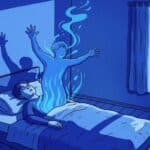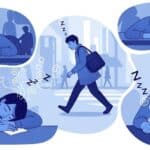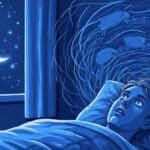- Mental Health Conditions
-
-
- We're here to help you. Take the first step today.

-
-
- Resources
- Our Approach to Care
-
-
- Take the next step. Contact us to speak with an AMFM representative.

-
-
- Locations
-
-
- California
- Carlsbad - Goldenbush
- Carlsbad - Hoover
- Dana Point - Blue Lantern
- Dana Point - Crystal Lantern
- Fallbrook - Peony
- Fallbrook - North Ridge
- Laguna Hills - Waterwheel
- Laguna Niguel - Campeon
- Lake Forest - Grayston
- Lake Forest - Sunnybrook
- Mission Viejo - Michelle
- San Juan Capistrano - Banderas
- San Juan Capistrano - Valencia
- California
-
-
-
-
-
- About Us
- Get Help
-
-
Admissions
Start your admissions process online today.
- Start Admissions
-
Paying for Treatment
We understand treatment is an investment. Learn more about our payment options.
- Using Health Insurance
- Payment Options
-
Contact Us
Contact us directly to ask about treatment options and speak to an admissions representative.
- Contact Us
- Patient Referral for Professionals
- Medical Records Request
-
Need Help?
Start your recovery today!
-
-











